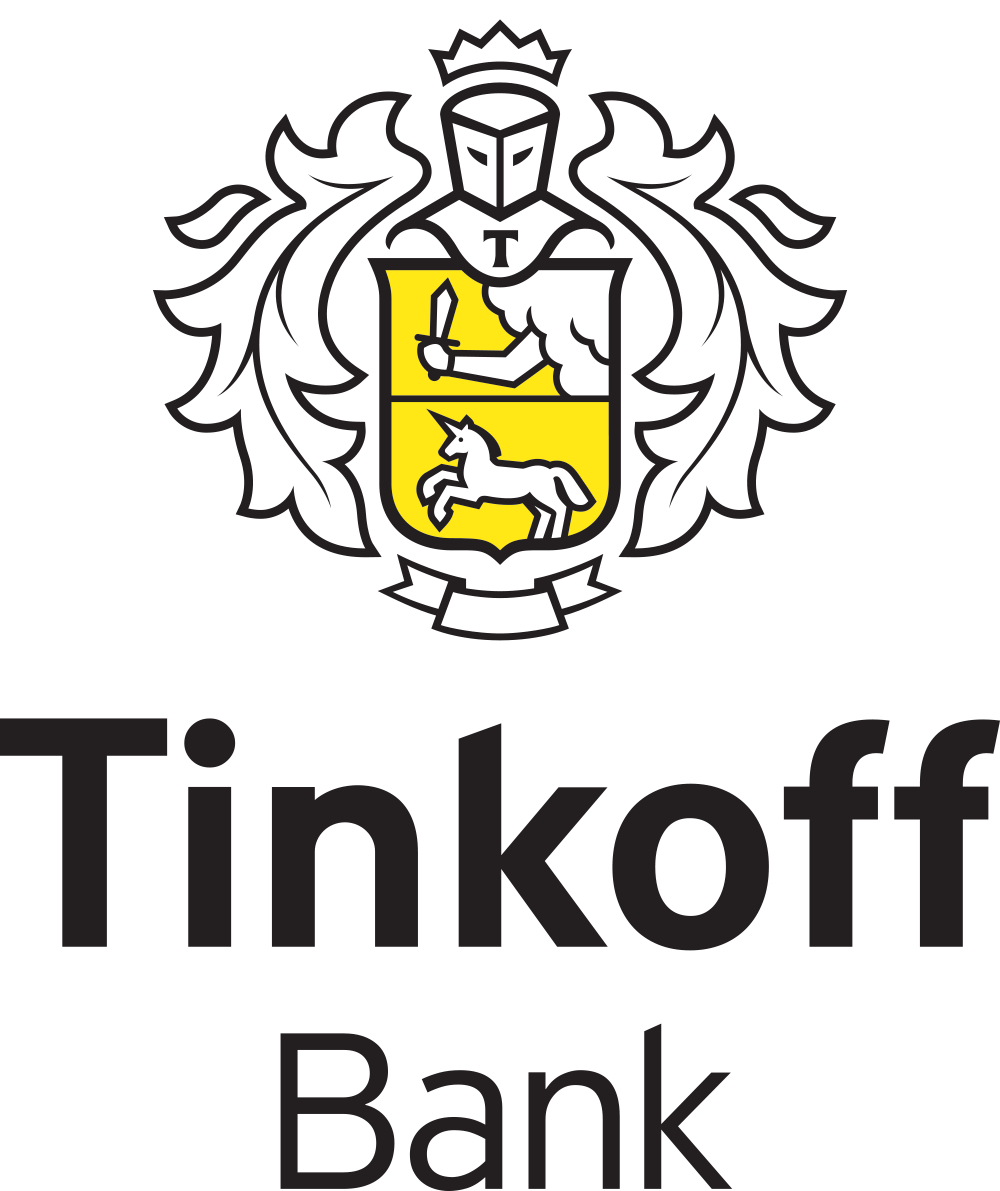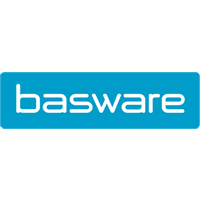Published
- 08:00 am

SIA, a European hi-tech firm leader in the payment services and infrastructures sector, has today signed a financing contract to support the acquisition of First Data’s business in a number of countries in Central and Southeastern Europe.
UniCredit, one of the main reference banks and sponsor of SIA Group, acted as Sole Underwriter, guaranteeing the total underwriting of the amount, Global Coordinator, Initial Bookrunner, Initial Mandated Lead Arranger and Facility Agent.
In addition, UniCredit managed, as Active Bookrunner, the entire process of syndication, which led to significant participation by the following major banks as Mandated Lead Arranger and Bookrunner: Banca IMI, Banco BPM, BNP Paribas, Monte dei Paschi di Siena, and UBI Banca.
Related News
- 07:00 am

UK adults are ready for real-time interaction with their banks. The results of a recent YouGov survey, on behalf of Ondot, revealed today that online security and fraud prevention comes top in what Brits think banks should guarantee, with 60% wanting 'peace of mind' when using cards online. The survey also discovered that consumers are keen to play a much more proactive role in managing their personal finances.
New ways of managing their card services before, during and after a payment; how, when and where cards are used and the ability switch your card 'on' and 'off' to create extra vigilance against fraud - are all important to today's card user.
The omnibus study from YouGov on behalf of Ondot, creators of an award-winning payment card management & control mobile app, found that 3 in 10 people (30%) reported being frustrated about having card transactions being declined without notification. The same number of people (30%) also said they were frustrated by transactions being declined without any prior notification - a huge hindrance in today's 'always-on', digital world. Furthermore, almost a fifth (18%) resent having to wait for blocked cards to be replaced.
Although UK banks have come some way in recent years, new innovations in other countries have shown that cardholders prefer mobile app-based self-service over the traditional call centre methods of customer service. Almost a third (31%) of those surveyed do not like calling bank call centres.
Cardholders also indicated that they simply want their cards to work when they most need them to. Just under half (49%) of all the respondents are looking for their banks to alert them before a card is declined and more than a quarter (27%) want transaction alerts to be displayed in real time. In addition to this, 22% want the ability to set their own transaction limits from their mobile phone app - a level of card control that is now commonplace in many countries, but presently almost unknown in the UK.
When travelling abroad, there was also a widespread desire for automating travel notifications with 30% of those surveyed preferring a mobile app to set controls for when and where they want their cards to work.
"The essence of the problem is the desire for a personalised service" says Rachna Ahlawat, Co-Founder and EVP, Ondot Systems. "While banks in UK are responding with digital channels for account management, their customers are seeking real-time solutions for their everyday needs such as reducing friction in everyday use of cards, securing online transactions and automating travel notifications."
She continued, "Customers are looking for more innovative services and Banks need to respond by card digitization to both empower their customers, which includes card controls that allow them to better personalise, manage and control how payments are made and create new digital payment experiences in today's world of always-on digital commerce. The survey validates the need for UK consumers to benefit from what globally more than 3,000 banks are already offering to millions of cardholders - mobile-based payment card management and control."
Bill Boyle, International Banking Systems Journal, senior analyst said:
"The survey clearly indicates the need for UK cardholders to be able to better manage their payment cards, feel secure while making online payments and for their cards to 'just work' when and where they travel.
Financial Institutions elsewhere globally are already implementing solutions in response to consumer demand for 24/7, mobile-based controls for credit and debit cards, along with enhanced fraud protections and powerful payment tools. UK consumers want to be able to monitor suspicious activity, set location and spending limits on their cards and stop fraud before it impacts the account.
The on-demand reality of 24x7 instant convenience means that the banks need to embrace real-time, services to stay in the game. The survey graphically shows the direction of travel of the new empowered consumer - they want better control and they want it now."
The survey was commissioned by Ondot, a global leader in powering mobile card management services. All figures, unless otherwise stated, are from YouGov Plc. Total sample size was 1,997 adults Fieldwork was undertaken between; 10th-11th May 2018. The survey was carried out online. The figures have been weighted and are representative of all UK adults (aged 18+).
Related News
- 01:00 am

Online research from Equifax, the consumer and business insights expert, reveals a lack of awareness of banking options among Brits. When presented with a list of digital banks 60% hadn’t heard of any of the brands* and only 20% would opt for a challenger bank if opening a new account today.
The survey, conducted with Gorkana, showed 44% of Brits would choose a traditional bank, and when choosing which brand to bank with, they prioritise good customer service (41%), ease of managing money via a good app or online service (34%), and availability of a physical branch (32%). Media influence was least important; only 3% of people factor news stories about a bank into their decision.
Good customer service also topped the list of priorities for people who would choose a challenger bank (31%), followed by incentives such as a joining fee (28%) and a good app or online service (27%). Friends or family using the bank was the least important factor – just 5% of respondents would take this into consideration.
People who would opt for a challenger bank appear to be more value conscious; one fifth (20%) said better rates when using their card or withdrawing cash abroad would appeal to them, compared to 12% of people who would use a traditional bank. Over a quarter (27%) rate more competitive rates, for example on overdraft fees or loans services a contributory factor when choosing a challenger bank, versus 19% for traditional banks.
Jake Ranson, Banking and Financial Institution expert and CMO at Equifax Ltd, says: “Challenger and digital banks have been making their mark in the banking sector bringing attractive, consumer friendly services to market, yet many consumers are still unaware of these brands. The government has taken action to increase competition in the sector but there’s still a lot of work to do to encourage consumers to fully explore the options available to them and make informed decisions on selecting or retaining accounts.
“Open Banking is underway and is a huge advance for consumers. Services are coming to market that will help people get better value from banks, for example identifying sign-up incentives or better rates tailored to their needs. The next step is for the industry to work together to increase consumer awareness of the value Open Banking unlocks.”
Related News
- 08:00 am

Related News
- 13.07.2018 -- 12:52 pm
Financial IT interview with Herve Lacorne, CEO of WinstantPay
Other Videos
- 04:00 am

IRIS Accountancy Solutions is today launching the IRIS Customer Awards to recognise individuals and accountancy practices thriving in the digital economy.
The awards have been launched as the UK’s leading accountancy software provider enters its 40th year. They celebrate best practice across several areas as accountancy firms evolve beyond compliance services to capitalise on new service opportunities in the digital economy.
Sion Lewis, CEO of IRIS Accountancy Solutions says, “We are delighted to launch the awards as part of our celebrations this year. We’ve seen huge changes in the industry and as practices evolve, it’s important to recognise excellence.
“For those of us who have celebrated this milestone birthday, we often talk about life beginning at forty, and IRIS is no exception – we are starting the next phase of our journey and look forward to supporting the next generation of accountancy practices.”
All UK accountants, UK accountancy firms (of any size and nature) who are a customer of IRIS Software Group (using IRIS, Keytime, PTP or KashFlow branded products) can enter the awards.
Categories include IRIS Firm of the Year (Small, medium and large categories); Client Excellence Firm of the Year; Advisory Firm for the Year; Fastest Growing Firm of the Year; Most Profitable Firm of the Year; Best Use of Technology of the Year; Marketing Innovation of the Year; Bureau/Outsource Service of the Year; Accountant of the Year; Partner of the Year; Practice Manager of the Year and Graduate / Trainee of the Year.
The closing date for entries is 3rd September, with the shortlist announcement on 17th September and the winners announced at the awards dinner on 9th October.
To enter the awards visit: www.iris.co.uk/iriscustomerawards
Related News
- 06:00 am

PPRO Group, a cross-border e-payment specialist, today announced it will enable online marketplace payments provider YapStone to offer Alternative Payment Methods (APMs) also referred to as Local Payment Methods (LPMs). The move will expand YapStone’s global e-commerce reach across the travel, vacation rental and new online marketplaces and software partnerships.
YapStone’s customers will now be able to access dozens of APMs from around the world, including iDEAL and SOFORT, allowing its merchants’ customers to transact seamlessly and securely through their preferred payment options. As part of this partnership, PPRO provides APMs for cross-border e-commerce and YapStone facilitates the processing, collection and settlement for the merchants.
According to eMarketer, global e-commerce increased by 25 percent last year to more than $2.3 trillion. An uptick in global online spending has brought increased interest in APMs. PPRO’s research affirms that alternative payment methods are the preferred option of making online purchases in many countries. In various markets across the globe, 50 percent of online transactions involve APMs.
“Empowering customers to transact online using APMs is vital to global marketplaces,” says Bruce Dragt, EVP of Product at YapStone. “We are proud to deliver best-in-class payment solutions to our customers, through this partnership with PPRO, as we welcome this new era in which specific consumer groups demand APMs as the payment method of choice.”
“Businesses that sell cross-border reported nearly double sales revenues compared to those that do not,” says Steve Villegas, PPRO’s Vice President of Partner Management. “In order for merchants to succeed in the global landscape, having trusted payment service providers and acquirers are critical to support them efficiently. We are pleased to partner with YapStone to help provide its cross-border customers with APMs that will increase their expansion within the global marketplace,” Villegas says.
News of this latest partnership reiterates PPRO’s commitment to supporting APMs by offering over 140 local payment schemes across 175 countries. This breadth of offerings enables payment service providers like YapStone to magnify their merchants’ global ecommerce reach through one unified, seamless and frictionless process while assuming larger conversion success.
Related News

Greg Taylor
Head of Marketing at Validis
Designing and implementing a digital strategy for SME lending and deciding what data assets to utilise in doing so is truly staggering. see more
- 04:00 am

Yandex.Checkout has updated its mobile SDK―the tool for providing businesses with friction-free payment methods in their Android and iOS mobile apps. Yandex.Checkout becomes a pioneer among Russia’s payment providers to introduce such a feature.
Yandex.Checkout launched mobile SDK facilitating frictionless payments within a single window interface of Android and iOS apps. For example, in case of a payment via Yandex.Money, user simply needs to enter the login and password of the e-wallet, and mobile SDK will ensure a seamless transaction from its balance, leading to the one-step checkout.
Yandex.Checkout’s SDK is an open-source software licensed by Massachusetts Institute of Technology (MIT). SDK code may be edited in order to customize user interface according to merchants’ guidelines. The source code can be downloaded from GitHub (Apple Pay и Google Pay), the service for web hosting and joint development of IT projects. It helps businesses to integrate SDK into mobile apps quickly and easily.
Companies do not need to obtain the Payment Card Industry Data Security Standard (PCI DSS) certification to use SDK, as Yandex.Checkout provides it in full compliance with its standards. Mobile SDK is a part of Yandex.Checkout’s new technological platform launched in November 2017.
Related News
- 07:00 am

Basware, the global leader in networked source-to-pay solutions, e-invoicing and innovative financing services, has released enhancements to visualize data related to payment plans, helping customers to get the most out of this functionality in Basware’s Purchase-to-pay (P2P) solution.
“Getting visibility into non-PO invoices is a challenge for many organizations, and around 30% of those invoices are repeated on a monthly, bi-monthly or bi-weekly basis. By using payment plans it is possible to automate these recurring non-PO invoices and get visibility into that area of spending. The new analytics dashboards empower customers to optimize those payment plans and take accounts payable automation even further,” says Kevin Kamau, Product Manager of P2P Analytics at Basware.
In Basware’s Purchase-to-Pay solution, users can view two dashboards in relation to payment plans:
• Payment Plan summary dashboard enables users to quickly see the active payment plans they have with various suppliers and get answers to questions like how much spend is committed via payment plans, how much spend is being matched to payment plans and how much is remaining on each plan
• Payment Plan Compliance dashboard gives visibility into why invoices that are associated to a payment plan are not matching. “This dashboard offers views to ensure payment plans are not failing and are properly configured to prevent over or under payment, allowing you to maximize the benefit of automation,” continues Kamau.
The new payment plan analytics also introduce a new dashboard concept - Example Dashboard - which allows customization of the reports to enhance analysis and provide deeper insights. Users can now modify the template-ready dashboards, save and share them within their organizations.









